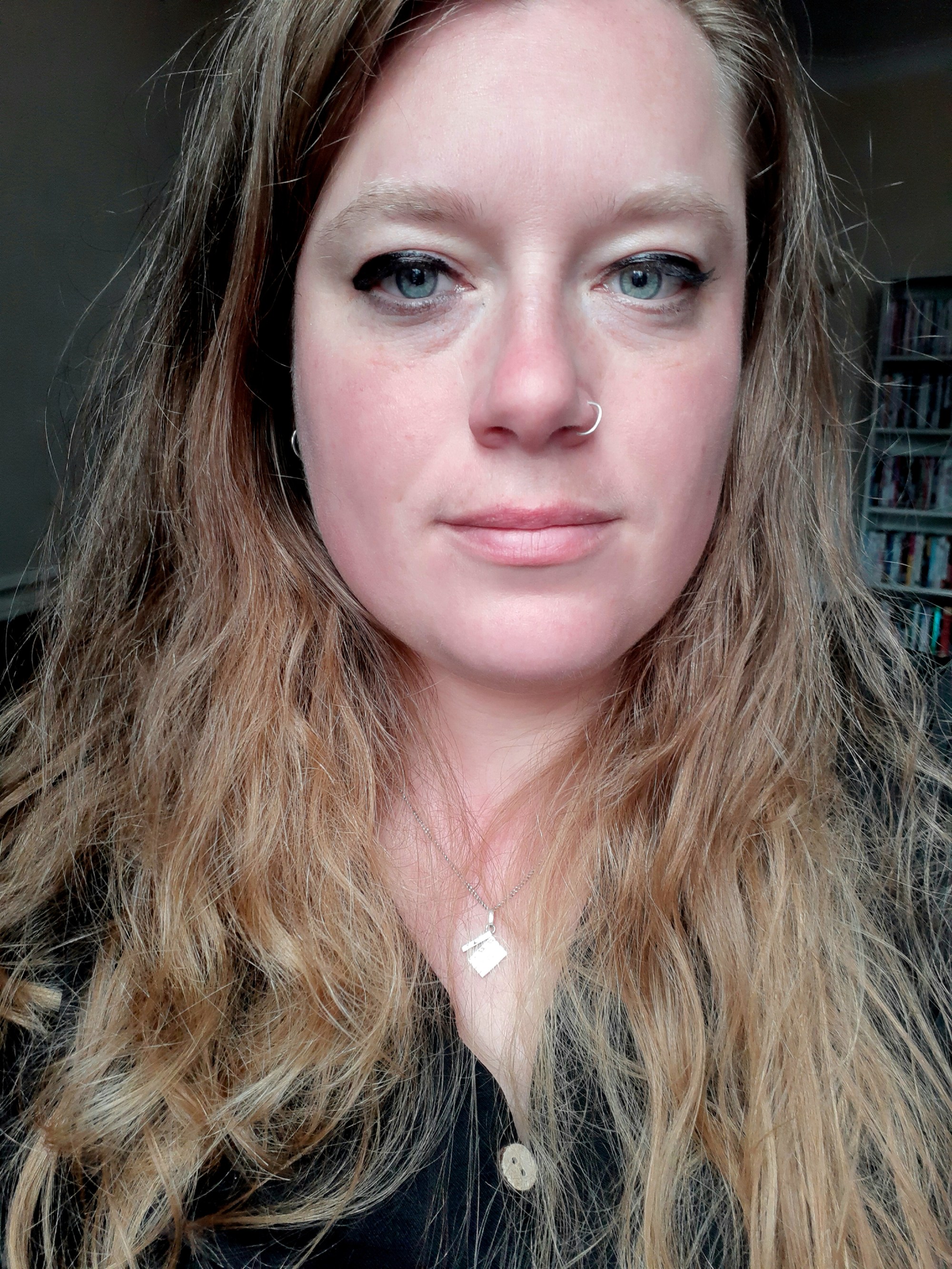
- Film
Laura Torenbeek: “Green filmmaking comes naturally to the young generation”
Laura Torenbeek was working for a film school when she noticed a problem. While overseeing student projects, she discovered the volume of waste that the young film workers produced, and felt that something had to be done. So she went on a mission to create a greener mindset among the students – and went even further when she created her own company, Green Film Productions.
The 33-year-old Dutch filmmaker, who is based in Leeds, in the United Kingdom, has directed short films like Lives in Fall (2015) and Candy Floss (2020), and produced the feature films Deer Woman Child and The Reckoning of Erin Morrigan, both directed by Gabrielle Russell. We spoke to Laura Torenbeek via Zoom from her home in Leeds.
When and how did you get the idea to start Green Film Productions?
I started thinking about sustainability in film when I noticed all the trash the student films were producing, and I wrote a little sustainability doc for the students and we talked about it in meetings before they went out on a shoot. I was very excited about it and thought it was very important.
Obviously, that is not a new thing. We have the home of environmental sustainability for film and TV, called Albert in the UK and Earth Angel in the US. But I also just wanted to make a personal commitment to myself and the earth and take it a step further. I want to be climate positive in general. That is why I created Green Film Productions, which is just me collaborating with a friend – I am a sole trader. I have directed a few short films and recently produced my second feature film with the company.
Creativity, Diversity and Sustainability is highlighted on your website for Green Film Productions. What are the main goals of your business?
Diversity and sustainability are often seen as tick-box exercises, but I think it has to come naturally. I think the most interesting stories are told by a group of diverse voices.
Sustainability is something that should be incorporated from the beginning of a production. It is as important as all other issues related to filmmaking; that we take care of our earth. We don’t have the right not to be concerned about it.
How do you practice being green when you make movies?
First of all, I am very mindful of what I do personally. I don’t fly when I visit my family in the Netherlands. I go by train. In some cases, I have to drive to a location, but I make sure that we do shared rides – no seat is left empty. I have a compost bin, and I am mostly vegan, and I make an effort to talk a lot about not creating too much waste on a production. I get secondhand costumes, for instance. You just have to consider everything you do, and I use a carbon calculator from Albert to make my decisions.
What are the most important things to be aware of, in your opinion?
Everyone needs to be on the same page and understand how important it is to make it an integral part of the production and not just do it in order to get a certificate that shows you are a green production. I think you give yourself more work when you do that instead of just incorporating it naturally.
You also need to be fully aware of your supply chain. And you can make recycling easy on set by having all the various recycling bins available. There is a company in the UK now called Shoot Support and I see them a lot at unit bases – not just in catering but also in other departments, where they make sure recycling is easy. They literally go through all the trash and separate it and make sure everything is recycled. Of course, there will be stuff that cannot be recycled, but everything that can be recycled, will be recycled.
What will the future of filmmaking look like from a sustainability perspective?
I am quite positive. I see so many people that are interested in sustainable filmmaking and it is being taught at film schools, which makes it a part of filmmaking from the start for these young students. It is not something extra. It is just part of everything.
Young people in general are very aware of the need to take care of the planet. I am going to be part of an Extinction Rebellion demonstration soon. It is a big climate group and there are so many young people, who are involved with such groups and that fact makes me really hopeful. I would like to stay positive.